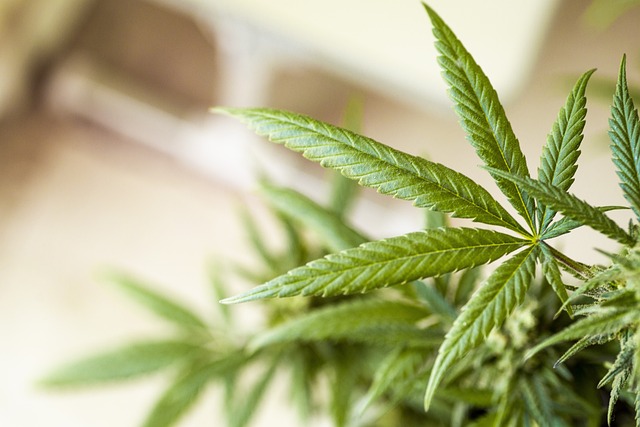The Complete Guide to THCA Flower: Uses, Benefits, and How to Consume It
In recent years, the cannabis industry has seen a surge in interest surrounding various cannabinoids, with THCA (tetrahydrocannabinolic acid) gaining significant attention. Unlike its more famous counterpart THC, THCA is non-psychoactive in its raw form. This article explores the THCa flower: What you need to know uses, benefits, and consumption methods of THCA flower, providing a comprehensive understanding of this intriguing compound.
Understanding THCA: What Is It?
THCA is a naturally occurring cannabinoid found in raw and live cannabis plants. It is the precursor to THC, the compound responsible for the psychoactive effects associated with cannabis. When cannabis is heated through smoking, vaping, or cooking, THCA undergoes decarboxylation, converting into THC. This transformation is why raw cannabis does not produce the “high” typically associated with its consumption.
Benefits of THCA
Research into THCA is still in its early stages, but preliminary findings suggest several potential health benefits:
- Anti-inflammatory Properties: Studies indicate that THCA may help reduce inflammation, making it a potential option for those with arthritis or other inflammatory conditions.
- Neuroprotective Effects: Some research suggests that THCA may have neuroprotective properties, which could be beneficial for neurodegenerative diseases like Alzheimer’s.
- Anti-emetic Benefits: THCA may help alleviate nausea and vomiting, offering potential relief for patients undergoing chemotherapy.
- Appetite Stimulation: Similar to THC, THCA might stimulate appetite, which can be beneficial for individuals with eating disorders or those undergoing treatments that suppress appetite.
How to Consume THCA Flower
Consuming THCA flower can be done in several ways, each offering unique benefits and experiences:
Raw Consumption
One of the simplest methods is consuming raw cannabis. This can be done by adding fresh cannabis leaves or buds to smoothies or salads. This method preserves the THCA content without converting it to THC, allowing users to benefit from its properties without psychoactive effects.
Juicing
Juicing raw cannabis is another popular method. This involves blending fresh cannabis leaves and buds with fruits or vegetables to create a nutrient-rich drink. Juicing retains the THCA content and provides a potent dose of vitamins and minerals.
Tinctures
THCA tinctures are liquid extracts that can be taken sublingually (under the tongue) or added to food and drinks. Tinctures offer a convenient and precise way to consume THCA, allowing users to control their dosage easily.
Topicals
Topical applications of THCA-infused creams or balms can provide localized relief for pain and inflammation. This method is particularly beneficial for those seeking the anti-inflammatory benefits of THCA without ingesting it.
Case Studies and Research
Several studies have explored the potential benefits of THCA, providing insights into its therapeutic potential:
- A 2013 study published in the British Journal of Pharmacology highlighted THCA’s anti-inflammatory properties, suggesting its potential use in treating inflammatory conditions.
- Research conducted by the University of Guelph in 2017 found that THCA exhibited neuroprotective effects in animal models, indicating its promise in neurodegenerative disease treatment.
- A 2019 study in the journal Frontiers in Pharmacology explored THCA’s anti-emetic properties, demonstrating its effectiveness in reducing nausea and vomiting in animal subjects.
Legal Considerations
The legal status of THCA varies by region. In some areas, THCA is considered legal as it is non-psychoactive in its raw form. However, once decarboxylated into THC, it may fall under different legal regulations. It’s crucial for consumers to understand the laws in their area before purchasing or consuming THCA products.
Conclusion
THCA flower offers a range of potential benefits, from anti-inflammatory and neuroprotective effects to appetite stimulation and anti-emetic properties. With various consumption methods available, individuals can choose the approach that best suits their needs and lifestyle. As research continues to unfold, THCA may become an increasingly valuable component of cannabis-based therapies, offering a non-psychoactive alternative for those seeking the therapeutic benefits of cannabis.
